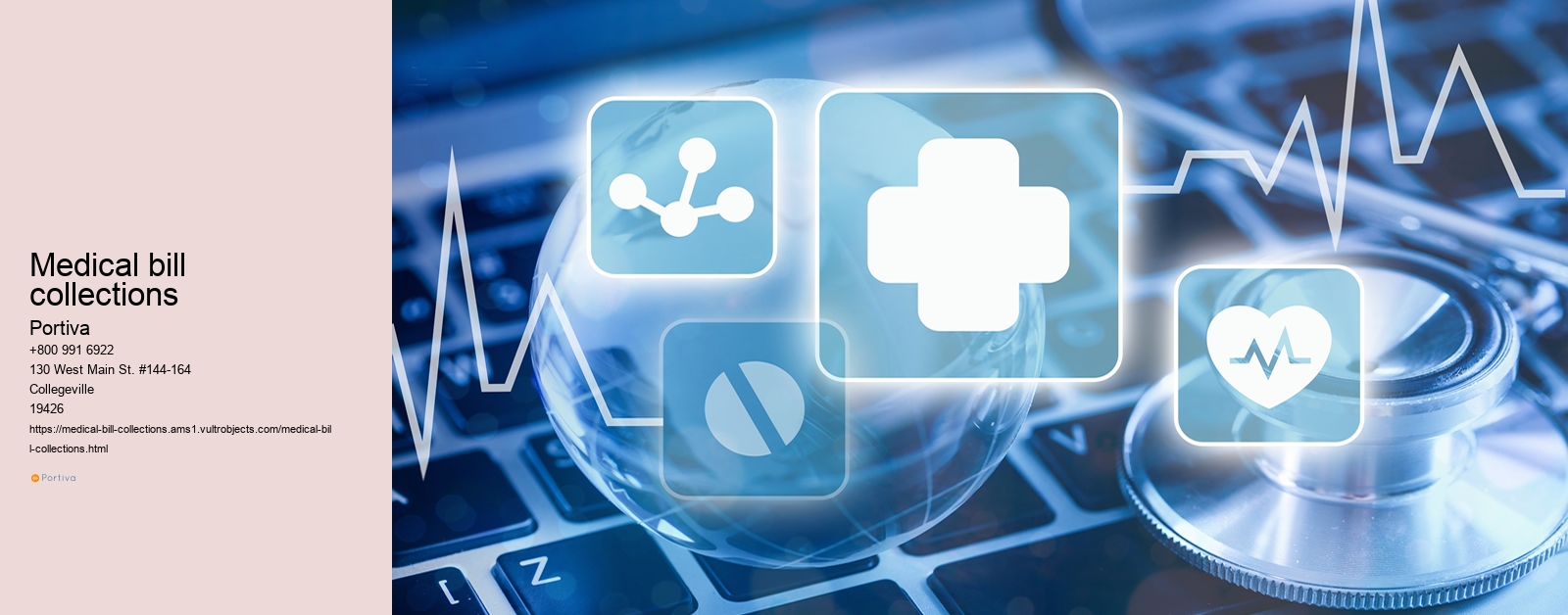




Medical bill collections refer to the process of pursuing unpaid medical bills from patients or their insurance providers. This involves sending reminders, statements, and collection letters to patients who have not paid their medical bills, as well as working with collection agencies or attorneys when necessary.
Medical bill collections are critical for ensuring the financial stability and success of a healthcare practice. By retrieving unpaid medical bills, healthcare providers can improve their cash flow and maintain their bottom line.
Yes, there are regulations related to medical bill collections that healthcare providers must follow. These regulations include ethical and professional standards, as well as compliance with billing and collections regulations.
A third-party collection agency can provide efficient and effective solutions for medical bill collections, which can help healthcare providers optimize their billing workflow and increase revenue for their practice. These agencies have expertise in medical billing and collections and can work closely with healthcare providers to tailor their services to meet their specific needs.